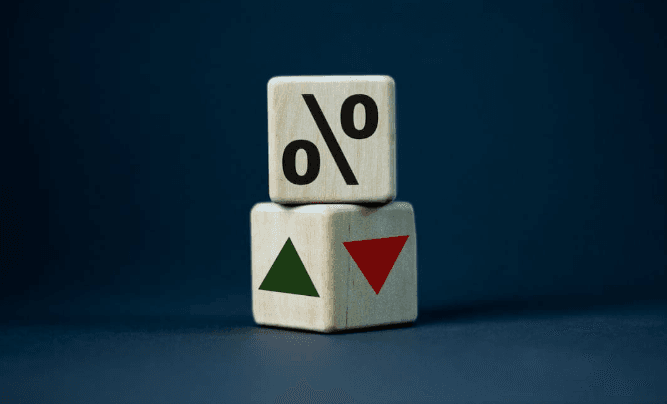
Taxes, both direct and indirect, have a strong impact on the household economy. Direct taxes are those paid directly on the taxpayer's income, such as income taxes and VAT. These taxes directly affect the family budget and, therefore, the ability to save for the future.

Indirect taxes are those that are paid indirectly, such as taxes levied on goods and services. This affects the family budget as it makes the cost of living more expensive. On many occasions, this places a great strain on households with limited resources.
Introduction
Taxes have a great impact on the family economy, both in the short and long term. These taxes can affect all members of a family, as the amount of taxes paid by each member can vary significantly. Studying the impact of taxes on the family economy is important to better understand how these government measures can influence a family's well-being.
Impact of taxes on family income
Taxes have a large impact on a family's finances. Taxes reduce a family's net income, as gross wages are drastically reduced due to taxes. This limits a family's possibilities to save, invest and spend on goods and services.

On the other hand, taxes can also help families by providing financial assistance. Most governments offer tax credits and other benefits to people with low incomes. This allows families to use the money to improve their economic conditions and help them reach their financial goals.
How Taxes Affect Family Spending
Taxes are an important part of household finances, as they directly affect the budget. When taxes increase, the money available for household spending is reduced. This means that parents have to make adjustments to their family budget to compensate for the tax increase. This may mean reducing spending on food, clothing or entertainment.
In addition, taxes can also affect the cost of goods and services, meaning that even if a household's budget remains the same, they may not be able to purchase as many products as before. This is especially true for financially expensive products such as housing or new vehicles. Taxes also affect the overall price level of goods and services in the economy, which in turn can reduce their ability to access these things.
Long-term effects of taxes on the household economy
Taxes have a major impact on the household economy in the long run. This is because taxes force families to save less for their future. When taxes are high, families have fewer resources to allocate to savings and are forced to spend more. This reduces the amount of money they can put away for retirement, retirement or other important events in the future.

Taxes can also reduce the amount of money families earn in the present. When taxes are high, workers are reduced in their ability to earn money and this prevents them from improving their lives financially. This means that many families are paying taxes without getting any real benefit in return.
Taxes can also diminish families' financial freedom. When taxes are high, families have fewer resources to spend on what they want. This means that they cannot make free financial decisions, as they are being constrained by their tax revenues.
Conclusions
In conclusion, the impact of taxes on the family economy is enormous. It can affect families' ability to save and often translates into less disposable income to spend on necessary things like food, clothing and education.






